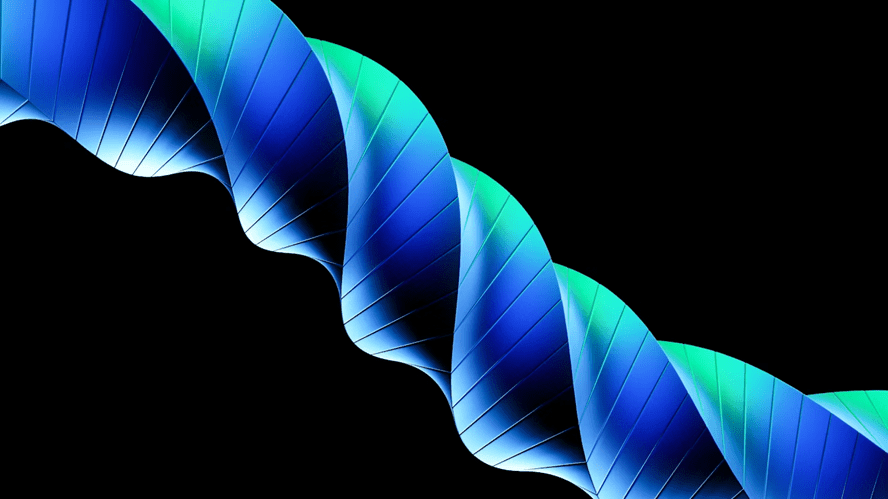US Federal News Bureau
NIH’s AI Agent Tackles AI Hallucinations in Genomic Research with 92% Accuracy
Written by: CDO Magazine Bureau
Updated 11:09 AM UTC, August 10, 2025

Researchers at the National Institutes of Health (NIH) have unveiled GeneAgent, a cutting-edge AI-powered tool that significantly improves the accuracy of gene set analysis by reducing hallucinations—false or misleading content often produced by large language models (LLMs).
Built atop a powerful LLM, GeneAgent not only generates functional descriptions of biological processes but also fact-checks its own claims against expert-curated databases. This self-verifying mechanism sets it apart from previous models prone to circular reasoning and overconfidence in inaccurate outputs.
“The AI agent can help researchers interpret high-throughput molecular data and identify relevant biological pathways or functional modules, which can lead to a better understanding of how different diseases and conditions affect groups of genes individually and together,” NIH said in a press release.
When tested on 1,106 gene sets from known databases, GeneAgent first created functional claims, then ran them through its self-verification engine. Human experts reviewed a sample of 132 claims and found that 92% of the tool’s self-assessments were accurate — marking a notable advance over standard LLMs like GPT-4.
Beyond lab tests, GeneAgent was also applied to real-world datasets from mouse melanoma cell lines. It uncovered potential gene functions that could inform drug discovery for diseases such as cancer.


